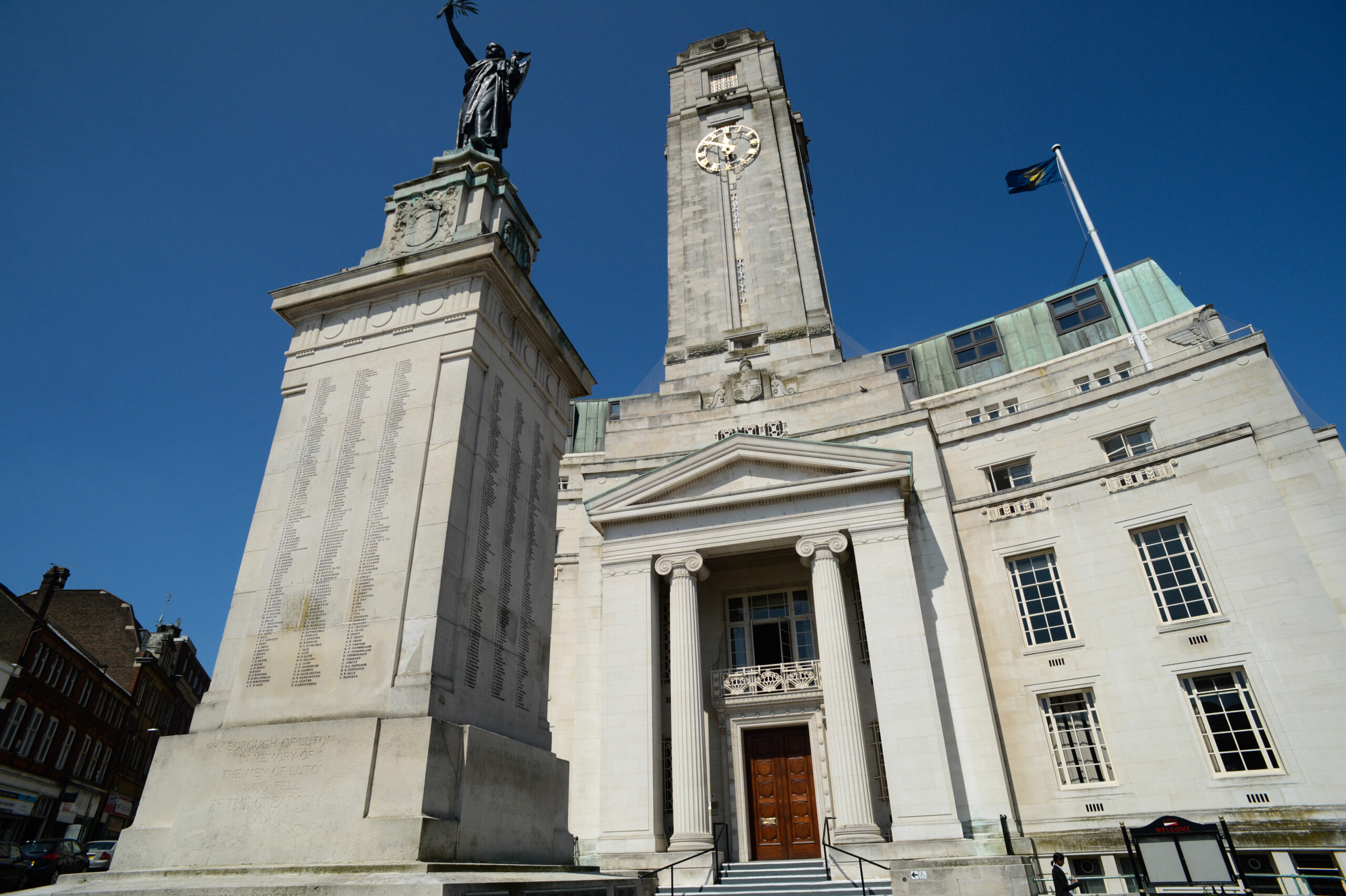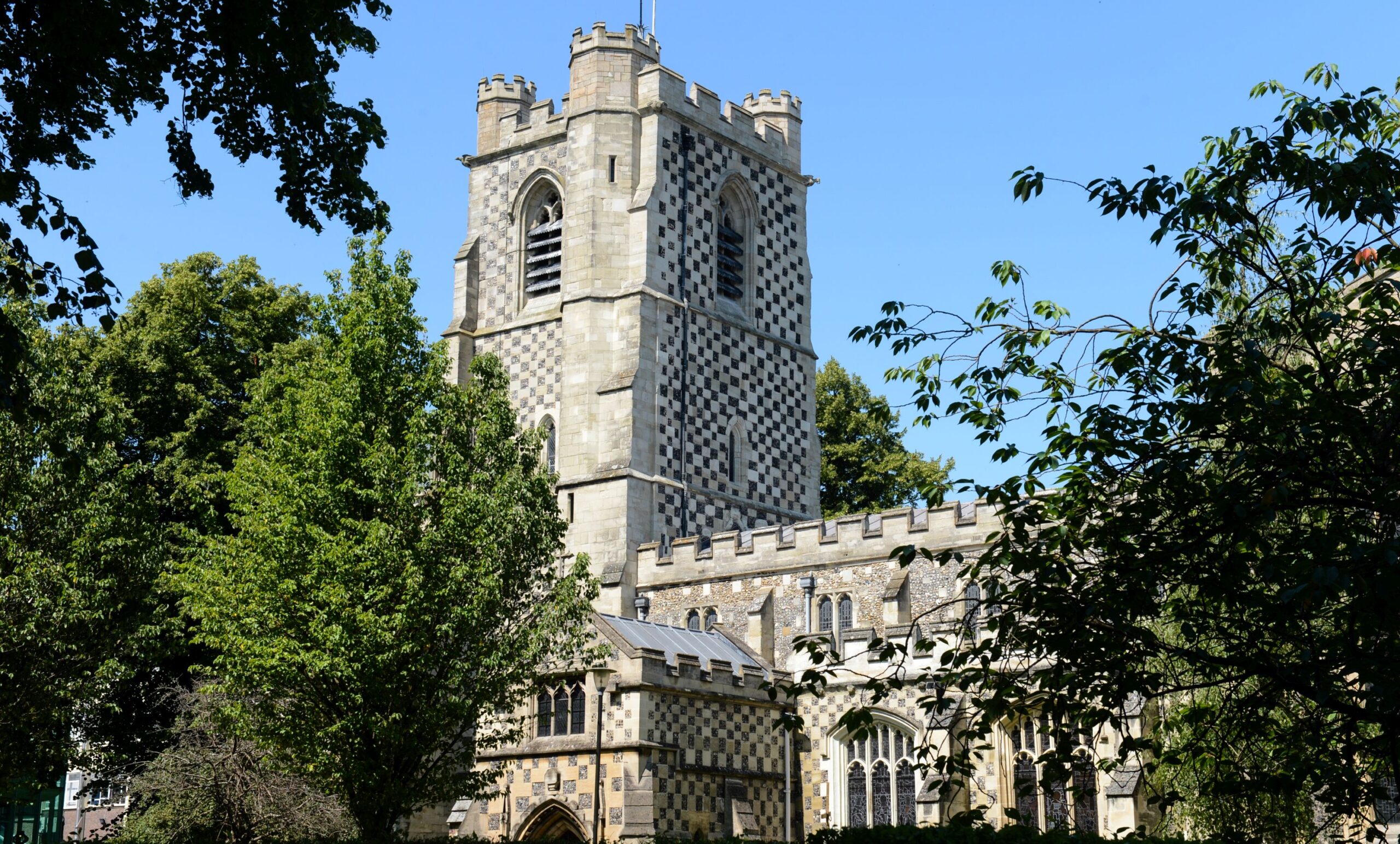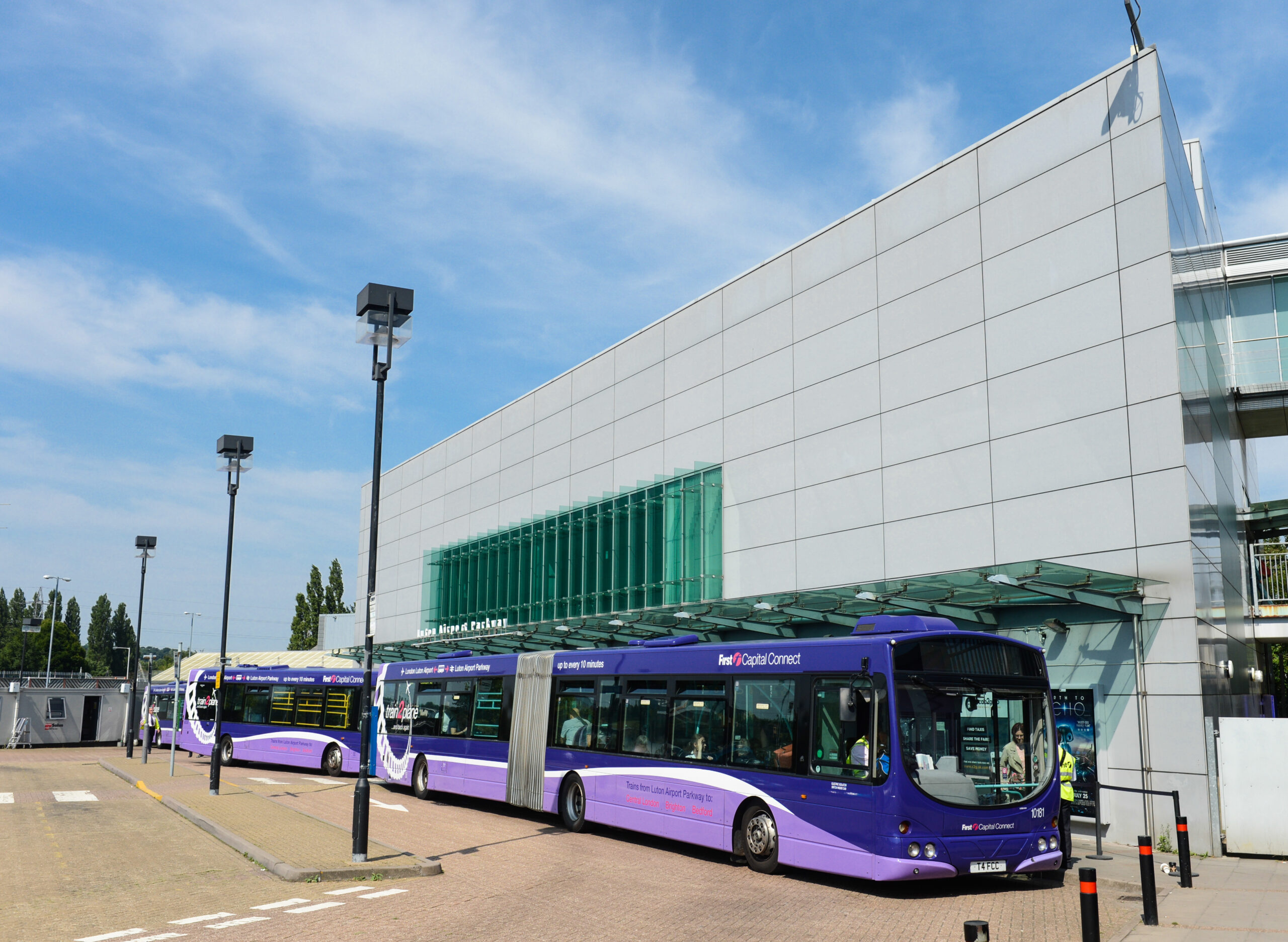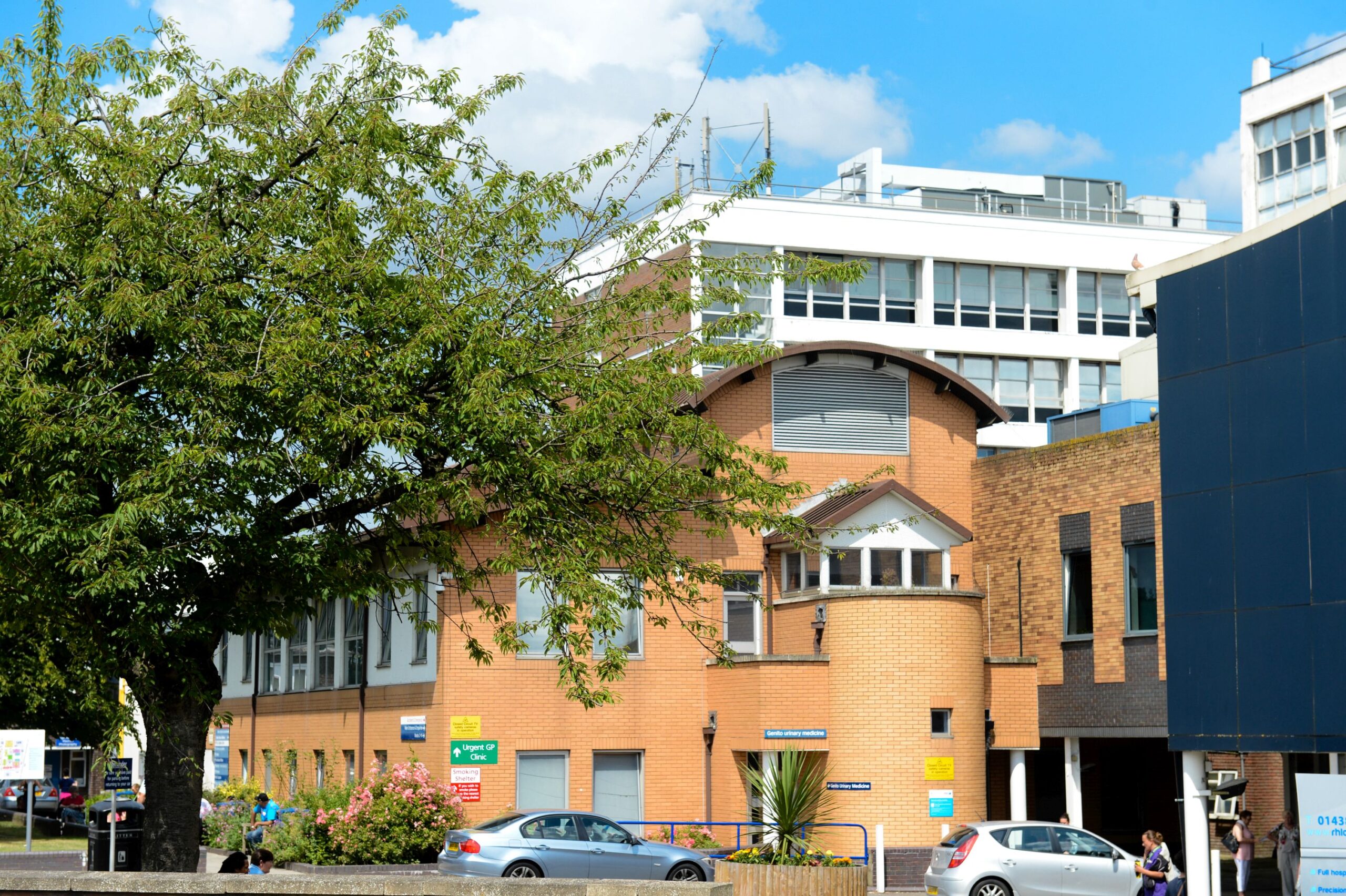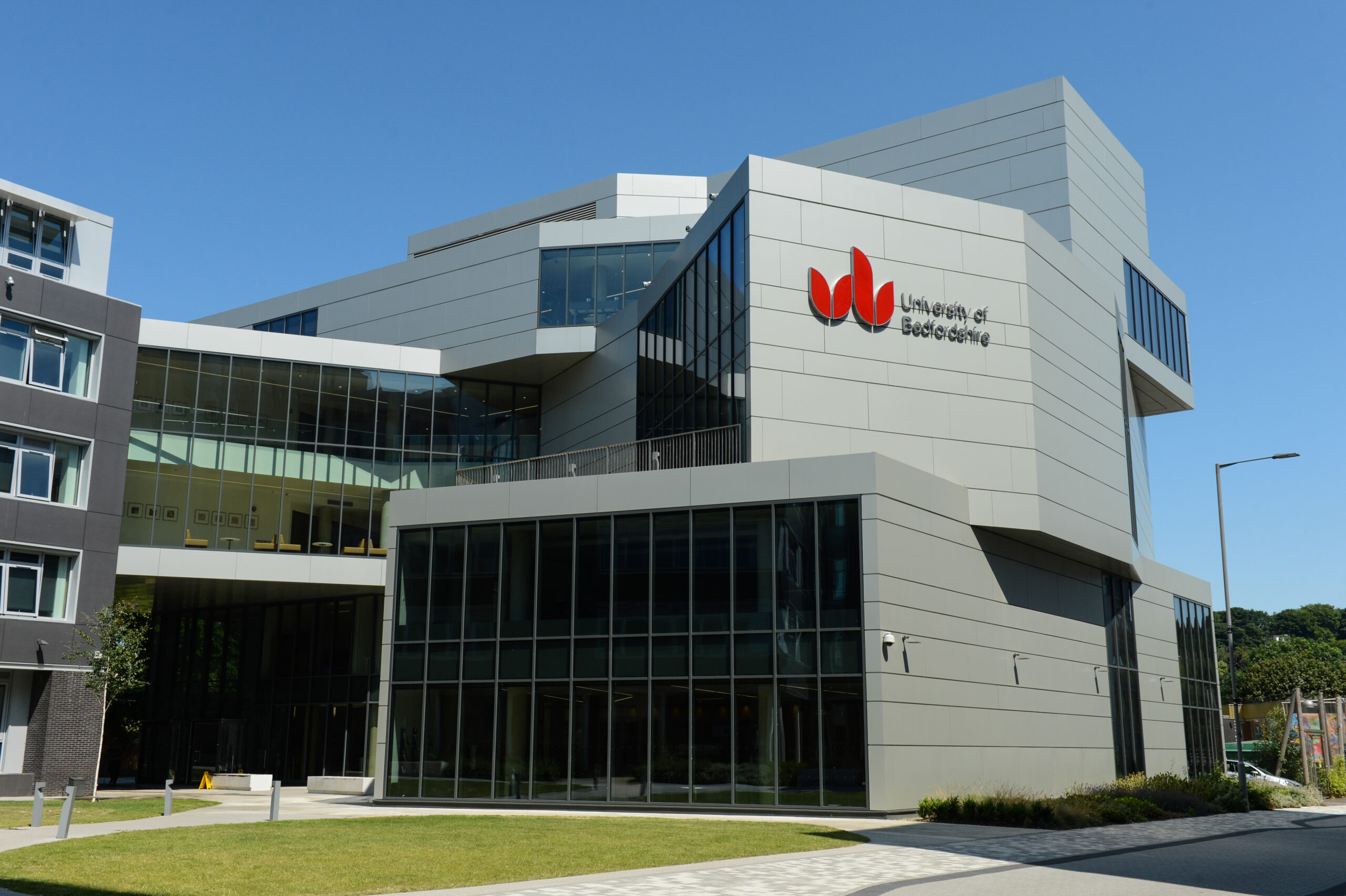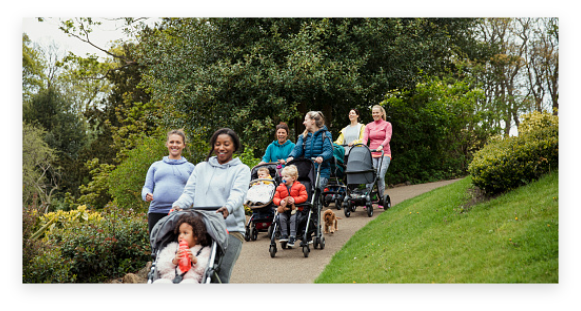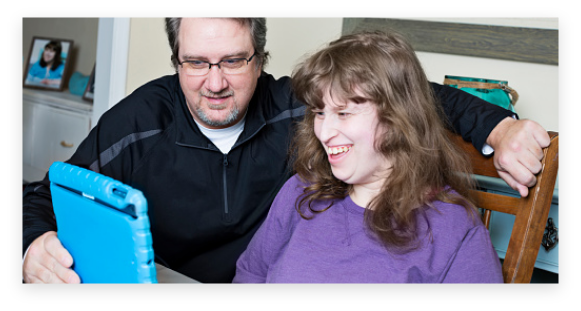Luton has circa 244,600 patients registered across its 25 GP Practices.
Luton has a younger than average population and above average levels of unemployment and deprivation, with high levels of child poverty. As a diverse and densely populated town, over 150 languages and dialects are spoken.
Population projections: In recent years trend-based population projections for Luton have shown strong population growth because of a high birth rate and high levels of international migration. The latest population projections show a 10 per cent growth in the population of Luton over the next 15 years.
Luton’s People
Luton is the most urban area in our system and also the most culturally diverse. More than half the people living in Luton are of Black, Asian and Minority Ethnic (BAME) origin and there are an increasing number of BAME communities in Luton, each with their own needs and cultures. The areas of Luton where a high proportion of people are living in poverty are in Biscot, Dallow, Farley, High Town, South and Northwell wards.
Luton’s Health
Luton is the most deprived of the Bedfordshire, Luton and Milton Keynes areas and people’s overall health tends to be slightly poorer than the national average.
Life expectancy has shown a steady increase but, at 78.4 years for men, remains below the national average. Infant mortality is also relatively high and, in the most deprived areas of Luton, two thirds of children are living in poverty compared to the national average.
Cancer is an increasing cause of early death in Luton, especially colorectal cancer, and notably among women, where levels are rising compared to a declining national trend. Stroke and cardiovascular disease are also factors contributing to early death.
Luton 2040 Pledge
We have made a pledge to confirm our commitment to delivering the Luton 2040 vision. Our pledge can be viewed here.
Luton’s Priorities
Our place partners’ priorities are set out in place and health and wellbeing plans, and they align closely with our Health and Care Partnership priorities. View the strategy.
Start Well: Giving every child the best start in life, supporting early years and attainment, and building a child friendly town. Growing capabilities so all adults have control over their lives.
Live Well: Building fair employment, a healthy standard of living, connected and sustainable communities and healthy housing. Tackling homelessness, alcohol/drug and domestic abuse and inequalities.
Age Well: Reducing frailty and falls; supporting self-care and resilience, improving physical and mental health, reducing isolation and supporting people to stay in their own homes.
Read more about our priorities and enablers
What success looks like
- Improved overall health and social wellbeing
- Better identification and earlier intervention with Children and Young People mental health teams
- Appropriate primary care attendance for review and measurement
- Increase use of the skills of the wider PCN team to reduce demand in the system
- Proactive referrals into system partner services
- Lower prevalence of obesity, high blood pressure or elevated HbA1c
- Uptake of cancer screening, NHS Health Checks, reduced risk of premature death
- A happy and thriving workforce reflecting the demographics of the local population







